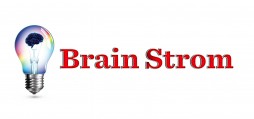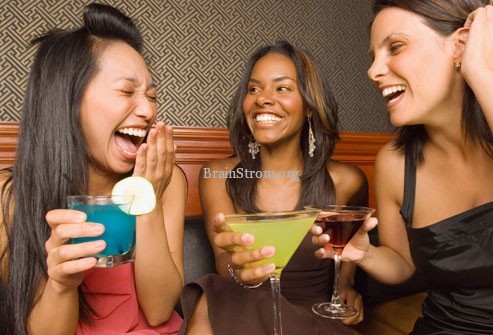Moderate boozing encourages ‘true smiles’ and group engagement. (HealthDay) — You’ve seen those commercials with fun-loving people sharing a laugh over a cold brew. Now, a new study lends scientific support to the notion of alcohol as a social icebreaker. Researchers found that drinking moderate amounts of alcohol in a group setting boosts people’s emotions and enhances social bonding. The study also found that moderate consumption of alcohol can minimize negative emotions — or at least reduce displays such as being silent in a group or making faces with wrinkled noses or pursed lips. In the study, published recently in the journal Psychological Science, researchers randomly assigned 720 men and women to groups of three people who didn’t know one another. They said previous studies have focused on alcohol’s effect on individuals. “We felt that many of the most significant effects of alcohol would more likely be revealed in an experiment using a social setting,” study author Michael Sayette, a professor of psychology at the University of Pittsburgh, said in a journal news release. In total, 20 groups were formed consisting of every combination of genders. Each group was assigned one of the following scenarios: drink an alcoholic beverage, drink a placebo beverage or drink a nonalcoholic control beverage. The alcoholic beverage contained one part vodka and 3.5 parts cranberry-juice cocktail, with a lower dose of vodka for women. To make placebo beverages more credible, glasses were smeared with vodka. While seated at a round table, the participants drank three of their assigned beverages over the course of 36 minutes. Group drinking sessions were videotaped so the researchers could analyze individual and group interactions frame by frame for facial action and group speech behavior. Alcohol fueled social bonding and increased the amount of time people spent talking to one another. It also increased the frequency and enhanced the coordination of “true” smiles, the researchers said: All three members of the groups drinking alcohol were more likely to smile at the same time than the other groups. Imbibers also were more likely to have all three members stay engaged in the group discussion. Alcohol affected how strongly participants agreed with survey statements such as, “I like this group” and “the members of this group are interested in what I have to say.” [From these results], “we can begin to ask questions of great interest to alcohol researchers: Why does alcohol make us feel better in group settings? Is there evidence to suggest a particular participant may be vulnerable to developing a problem with alcohol?” Sayette said. The study was funded by the U.S. National Institute on Alcohol Abuse and Alcoholism. More information: The U.S. National Institutes of Health has more about alcohol. Journal reference: Psychological Science
Thanks for installing the Bottom of every post plugin by Corey Salzano. Contact me if you need custom WordPress plugins or website design.

